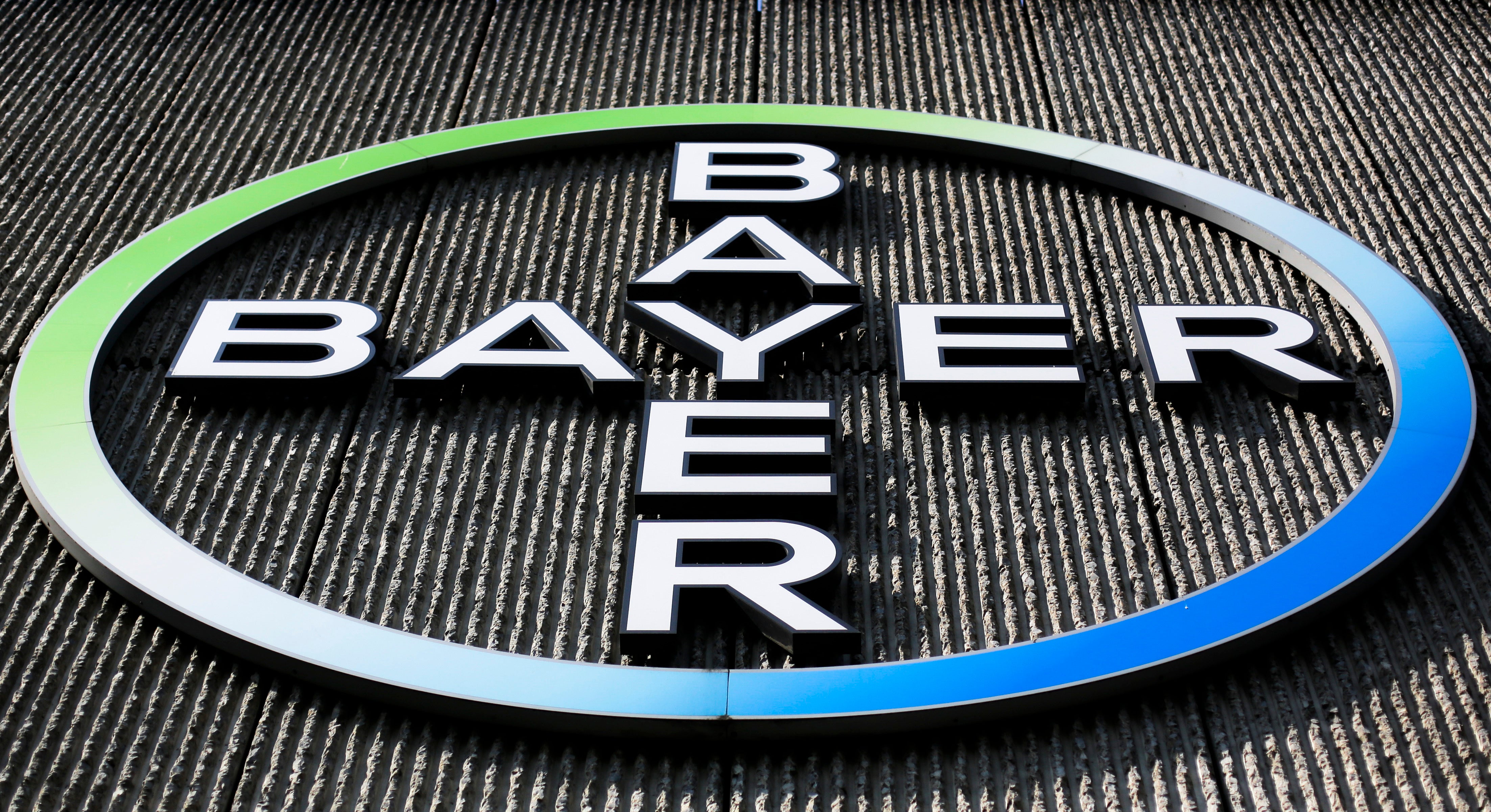Monsanto told to pay teachers $185M over chemical exposure
Three schoolteachers in Washington state who sued chemical company Monsanto over exposure to materials in fluorescent lights have been awarded $185 million

Three schoolteachers in Washington state who sued chemical company Monsanto over exposure to materials in fluorescent lights have been awarded $185 million.
The law firm that represented the teachers, Friedman Rubin, said a jury returned the verdict Tuesday in King County Superior Court. The teachers, who worked at the Sky Valley Education Center in Monroe, Washington, said they suffered brain damage from exposure to polychlorinated biphenyls, or PCBs in the fluorescent lighting at the school.
“This is a big step in holding Monsanto accountable,” the teachers’ attorney, Rick Friedman, said in a statement.
Bayer which bought Monsanto in 2018, said the company disagreed with the verdict and may appeal.
“The undisputed evidence in this case does not support the conclusions that plaintiffs were exposed to unsafe levels of PCBs at the Sky Valley Education Center (SVEC) or that any exposure could have possibly caused their claimed injuries,” Bayer spokesperson Susan Skiles Luke said in a statement.
The company said the light ballasts that were the focus of the lawsuit were obsolete.
“These are historic claims that relate to products Monsanto has not produced in more than 40 years,” Luke said.
This was the first of 22 trials involving teachers, parents and students who spent time at the Sky Valley Education Center.
A 2019 Associated Press investigation found that millions of fluorescent light ballasts containing PCBs probably remain in schools and day care centers across the U.S. four decades after the chemicals were banned over concerns that they could cause cancer and other illnesses.
Many older buildings also have caulk, ceiling tiles, floor adhesives and paint made with PCBs, which sometimes have been found at levels far higher than allowed by law.
PCBs are mixtures of compounds manufactured by Monsanto Co. and widely used as coolants and lubricants in electrical equipment until they were banned in 1979.
Monsanto also has faced a deluge of litigation over its weed killer Roundup. Last year, Bayer said it would pay more than $10 billion to settle thousands of lawsuits claiming Roundup causes cancer. The company said the settlement involves about 125,000 filed and unfiled claims.
___
This story has been updated to correct the spelling of Susan Skiles Luke's name.
Bookmark popover
Removed from bookmarks